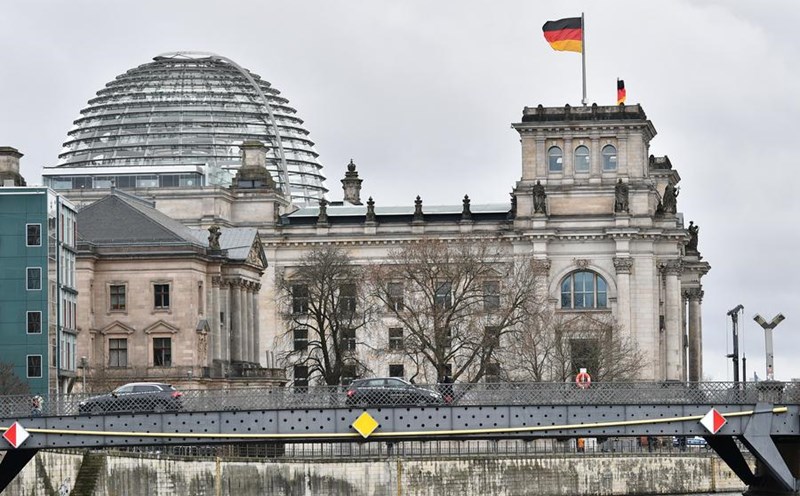Reuters reported that according to preliminary data released by the German Federal Statistical Office, the annual consumer inflation rate, based on an index harmonized with EU countries, rose to 2.8% in December, surpassing the 2.6% forecast from analysts polled by Reuters, and significantly higher than November's 2.4%.
"The year ended with very bad news on the inflation front," said Joerg Kraemer, chief economist at Commerzbank, stressing that the inflation problem has not been completely resolved.
He also predicted that inflation in January is likely to remain high due to rising CO2 emissions prices and insurance services.
"Early summer cheers about the successful control of inflation were too optimistic," warned Carsten Brzeski, global head of macroeconomics at ING, adding that the latest data once again raised the "specter of stagflation" for the European Central Bank (ECB).
Meanwhile, according to Xinhua, Germany's industry recorded a sharp decline in new orders in November 2024, down 5.4% compared to October's 1.5%, raising concerns about the recovery of the EU's largest economy.

The decline was mainly due to a significant drop in large-scale orders from the transport equipment industry, which includes aircraft, ships and trains. While these orders hit a high in October, they failed to hold up in November, resulting in a 58.4% month-on-month decline, the Federal Statistics Office said.
Economists are closely watching German inflation data, as the country releases figures a day before eurozone inflation figures are released.
This week's data will be the last before the ECB's next meeting on January 30.
Eurozone inflation is expected to have risen to 2.4% in December, from 2.2% in November.
As long as current inflationary pressures are expected to subside in 2025, the ECB is likely to ignore this temporary increase in inflation, according to Mr. Brzeski.
The ECB expects inflation to stabilize at its 2% target this year, after hitting double digits due to the impact of the Russia-Ukraine conflict and the EU cutting off cheap Russian gas.
"The ECB's target will be difficult to achieve," Ralf Umlauf, chief economist at Helaba, said after the German data. "Expectations of a rate cut from the ECB should not gain new momentum."
According to the Federal Statistical Office, the average annual inflation rate in Germany is expected to reach 2.2% in 2024, down significantly from 5.9% last year.







